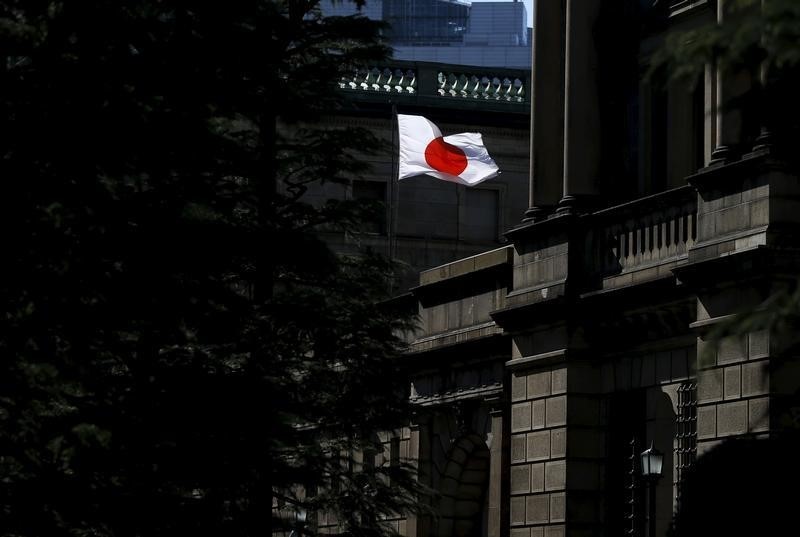Navitas stock soars as company advances 800V tech for NVIDIA AI platforms
Investing.com-- The Bank of Japan will likely have to raise interest rates “decisively” to address rising inflation risks, Naoki Tamura, a hawkish member of the central bank, said on Wednesday.
Tamura said that the BOJ may have to hike despite increased economic uncertainty caused by U.S. trade tariffs, stating that underlying inflation was moving at a slightly faster-than-expected pace towards the BOJ’s 2% target.
Tamura said it was “unlikely that underlying consumer inflation… will turn downward,” amid stronger wage growth and higher overall prices, the BOJ member said at a conference in Fukushima.
He also flagged the possibility of inflation hitting the BOJ’s 2% target earlier than expected.
In comments issued later in the day, Tamura tempered his hawkish stance, stating that there was not an imminent need for a rate hike by the BOJ, and that there was no preset idea on when the BOJ will raise rates next.
But Tamura, a noted hawk on the BOJ board, still struck a much more hawkish tone than that of Governor Kazuo Ueda, who has repeatedly called for a more measured approach to rate hikes due to heightened uncertainty over trade policy.
But Japanese consumer price index inflation has steadily increased over the past year. Data last week showed core CPI reaching an over two-year high in May. Higher inflation may pressure the BOJ into a rate hike despite persistent uncertainty over trade tariffs.
The U.S. and Japan have engaged in a series of high-level trade talks since U.S. President Donald Trump in early-April outlined plans for steep trade tariffs against major economies. The tariffs are slated to take effect from early-July, unless a trade deal is reached.
But before that, Japanese companies are already grappling with a 10% universal U.S. tariff, as well as a 25% tariff on automobiles. The latter is a major point of contention for Tokyo.
Still, Prime Minister Shigeru Ishiba has maintained his demand that Japan be exempted from all U.S. tariffs. Trade talks with the U.S. were also seen losing momentum in recent weeks.
